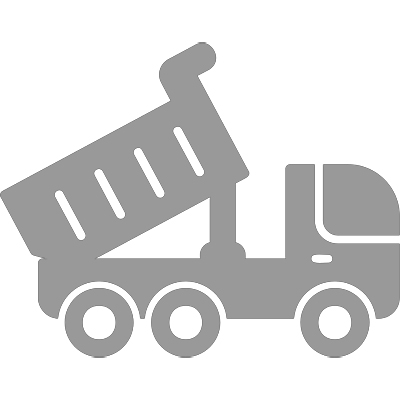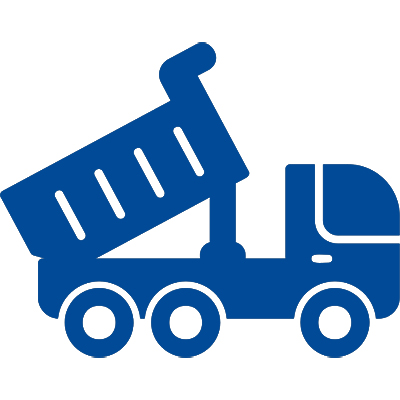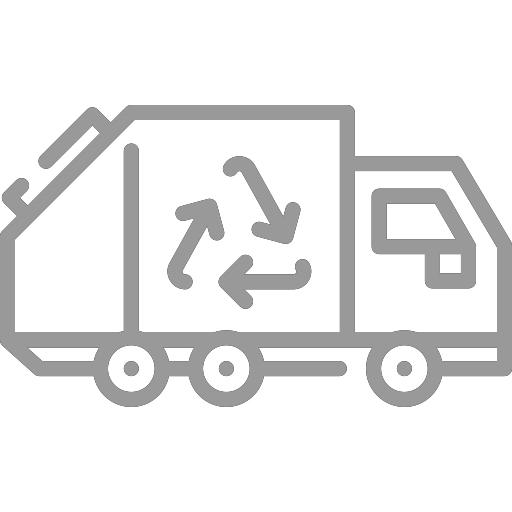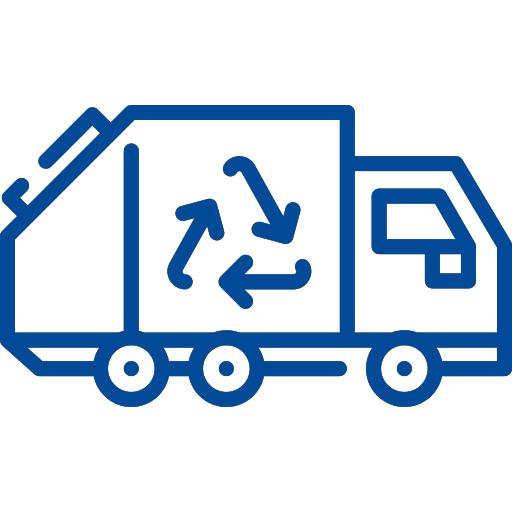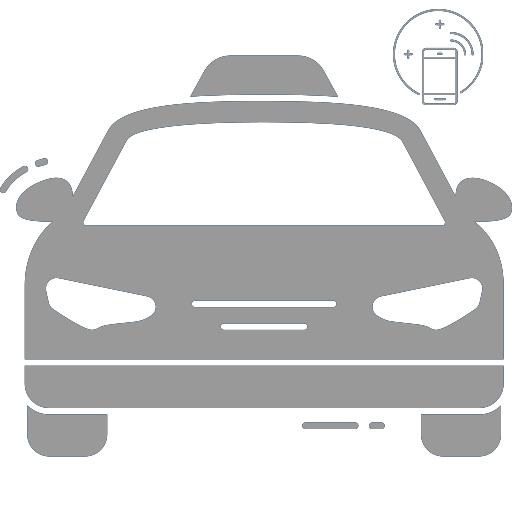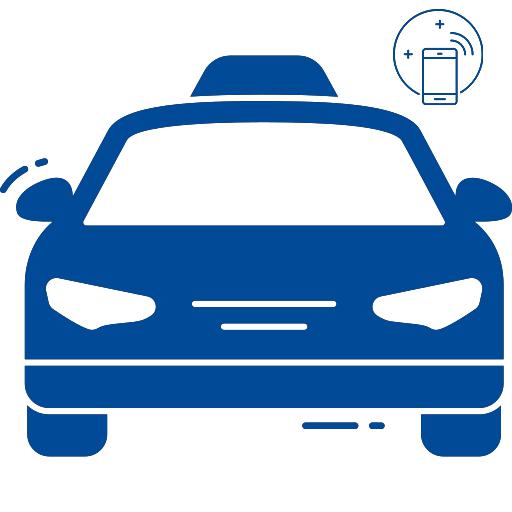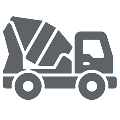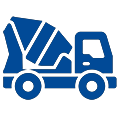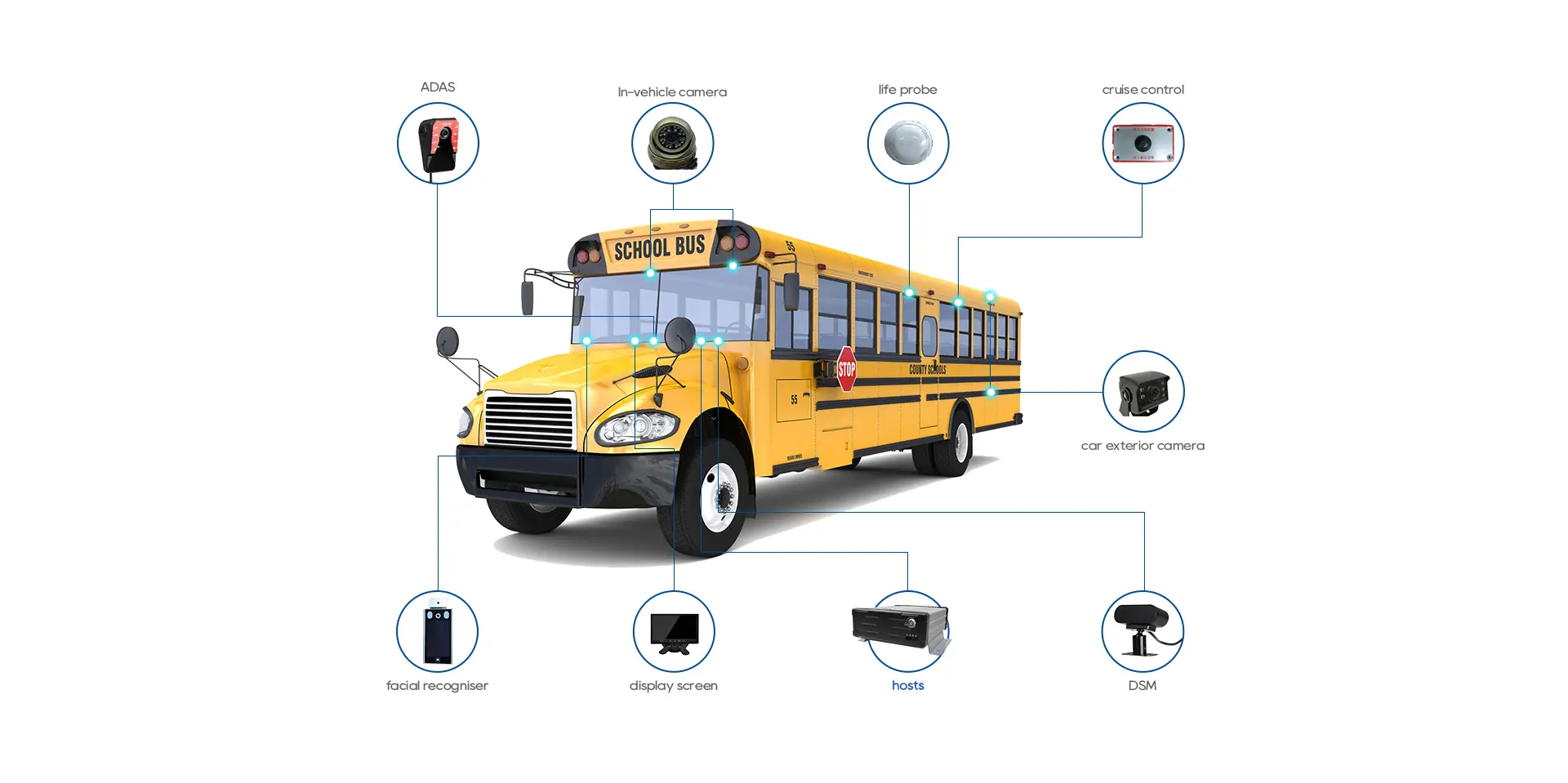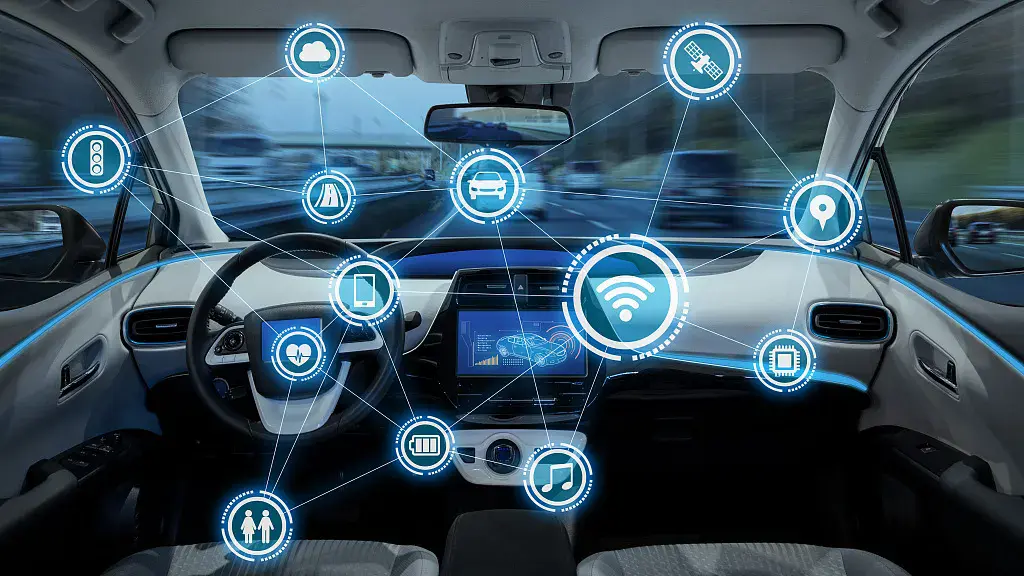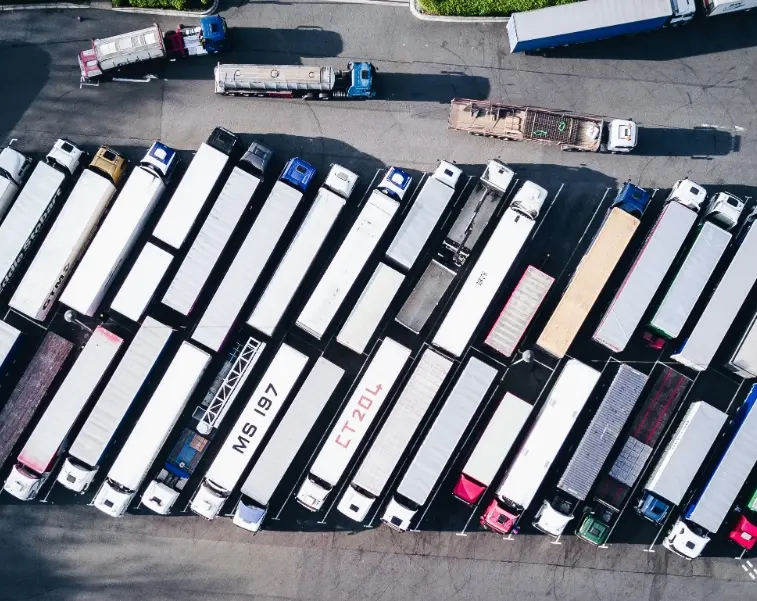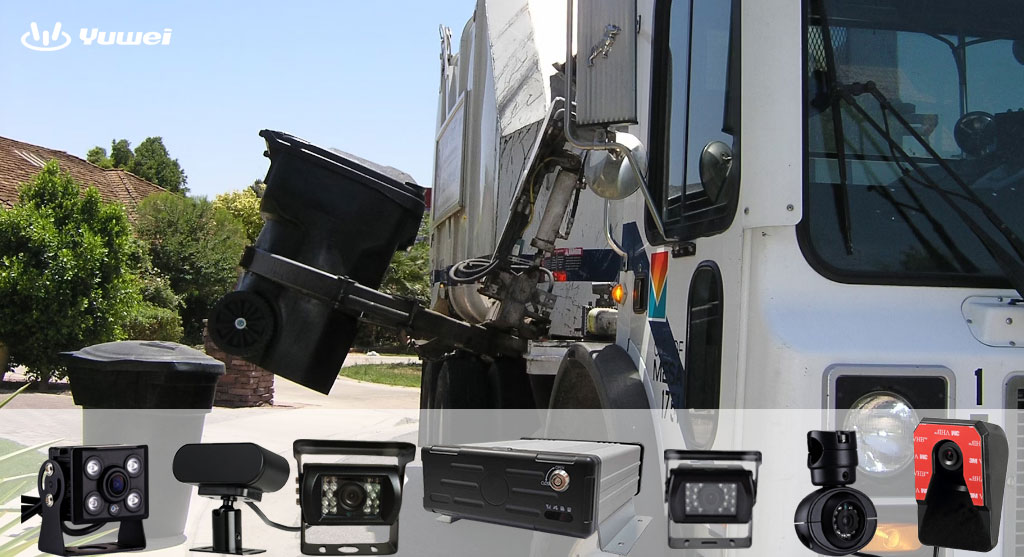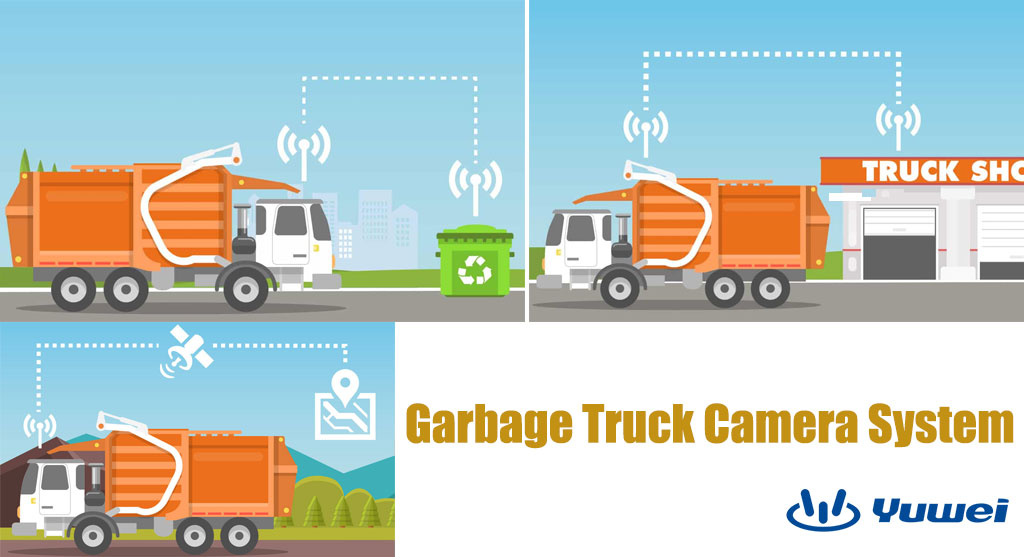Garbage Truck Telematics System Solution
Garbage Truck Telematics System
Challenges in Traditional Waste Collection
Traditional waste collection methods face the following challenges:
- Inefficiency: Poorly optimized collection routes increase operational costs.
- Environmental Pollution: Overflowing bins negatively impact community environments.
- Resource Wastage: Unnecessary trips lead to increased fuel consumption and greenhouse gas emissions.
- Resident Dissatisfaction: Missed collections or delayed services frustrate communities.
According to the U.S. Environmental Protection Agency (EPA), transportation accounted for 29% of total greenhouse gas emissions in 2021. Telematics offers a critical solution to these challenges.
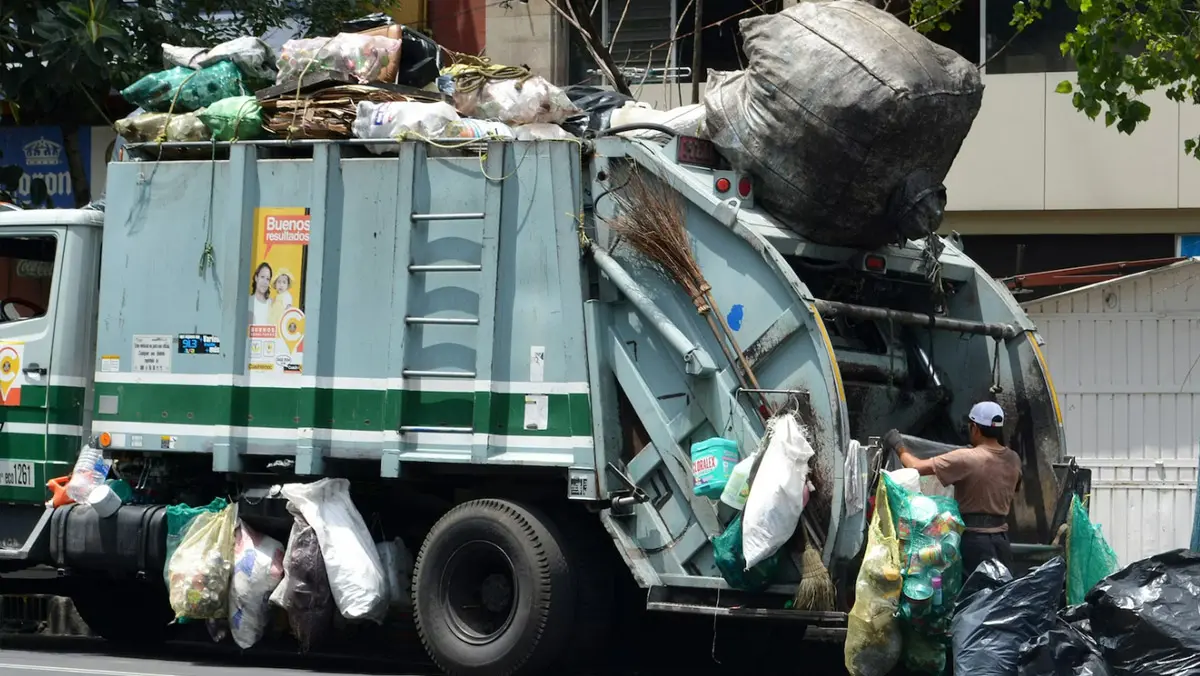
The Solution: Smart Waste Collection
By leveraging IoT (Internet of Things) and Telematics technologies, waste management can become more efficient, economical, and environmentally friendly:
- Smart Bins: Sensors provide real-time monitoring of fill levels, optimizing collection schedules.
- Telematics Systems: Data-driven dynamic route planning enhances vehicle efficiency.
Key Functions of IoT
1. Smart Bins
- Real-Time Monitoring: Fill levels, temperature changes, and other data.
- Alert Notifications: Alerts for overflowing bins or abnormal conditions, such as sudden temperature rises indicating fire risks.
2. Dynamic Route Optimization
Telematics data allows routes to be adjusted in real-time based on bin status and traffic conditions, reducing fuel consumption and carbon emissions.
3. Data-Driven Optimization
Data analytics support studies on waste collection patterns, enabling informed municipal planning.
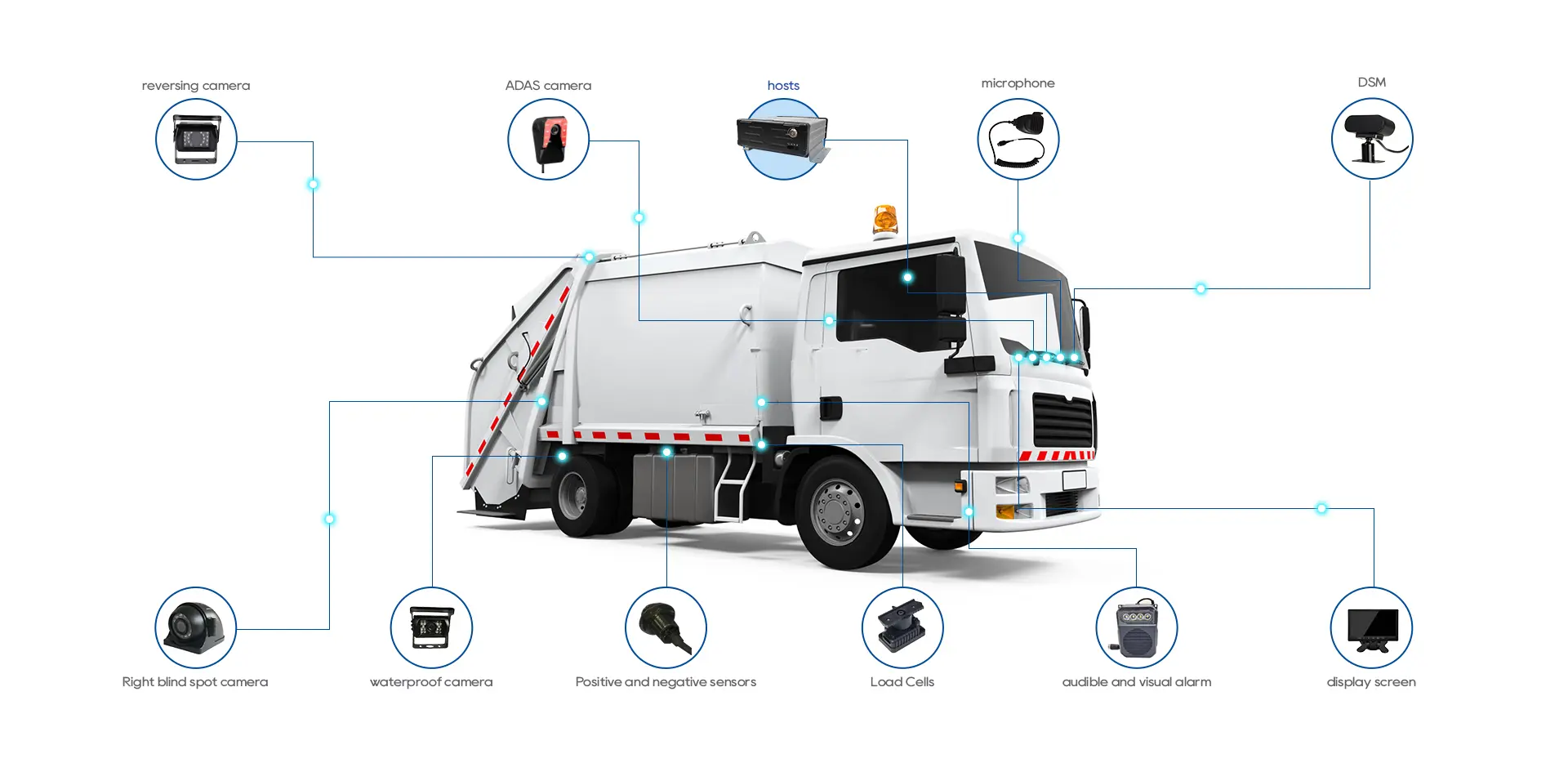
Applications of Telematics
1. Vehicle Health Monitoring
- Real-time detection of engine performance and key parameters.
- Predictive maintenance through Telematics systems reduces vehicle breakdowns.
2. Driver Behavior Optimization
- Monitoring driving patterns such as speed, braking, and acceleration.
- Encourages safe driving habits, reducing accident risks, improving fuel efficiency, and minimizing wear and tear.
Core Advantages of Smart Waste Collection
1. Cost Savings
- Optimized routes lower fuel and maintenance expenses.
- Data-driven decision-making minimizes resource waste.
2. Environmental Protection
- Reduced carbon emissions support green city initiatives.
3. Community Satisfaction
- Prevents bin overflow, keeping public spaces cleaner.
- Enhances response times for waste collection services.
4. Informed Decision-Making
- Telematics systems offer comprehensive data analysis, driving more efficient resource allocation and city planning.
YUWEI's Smart Solutions
1. Core Products
- Smart Bin Sensors: Real-time monitoring of bin fill levels.
- Telematics Systems: Optimize routes and track vehicle locations.
- IVMS Data Platform: Consolidates and analyzes waste management data.
2. Support Services
- Tailored solutions.
- Installation, training, and ongoing technical support.
- Data reporting and operational optimization recommendations.
Impact on Other Industries
Smart waste management not only enhances garbage collection but also drives improvements in recycling:
- Efficient Sorting: Ensures recyclable materials like plastic, metal, and paper are correctly routed to recycling facilities.
- Supporting the Circular Economy: Reduces waste, promotes the reuse of materials, and minimizes reliance on raw resources.
- Lower Carbon Footprints: Telematics data helps optimize transport and collection processes, making operations more eco-friendly.
With IoT and Telematics technologies, the waste management industry is undergoing a transformative shift. YUWEI's smart solutions empower municipalities and waste management companies to achieve:
- Higher Efficiency
- Lower Costs
- Better Service
- A Greener Future
Smart waste collection is more than just technological advancement; it is a vital step toward sustainable urban development.















